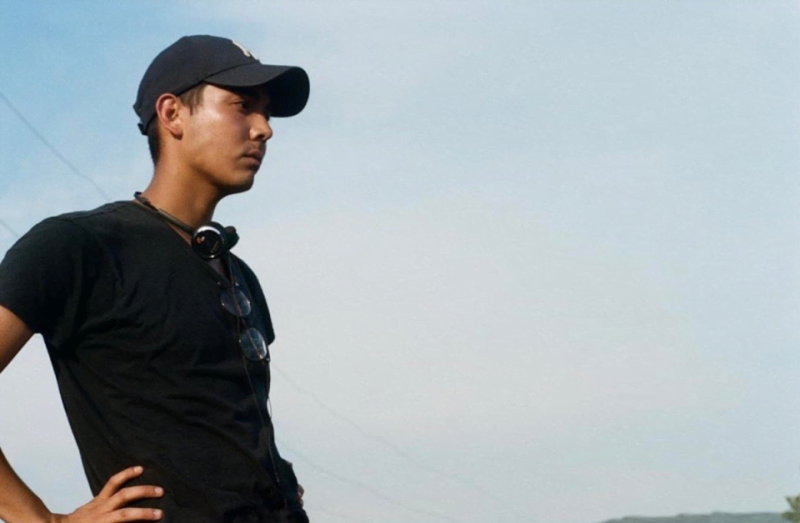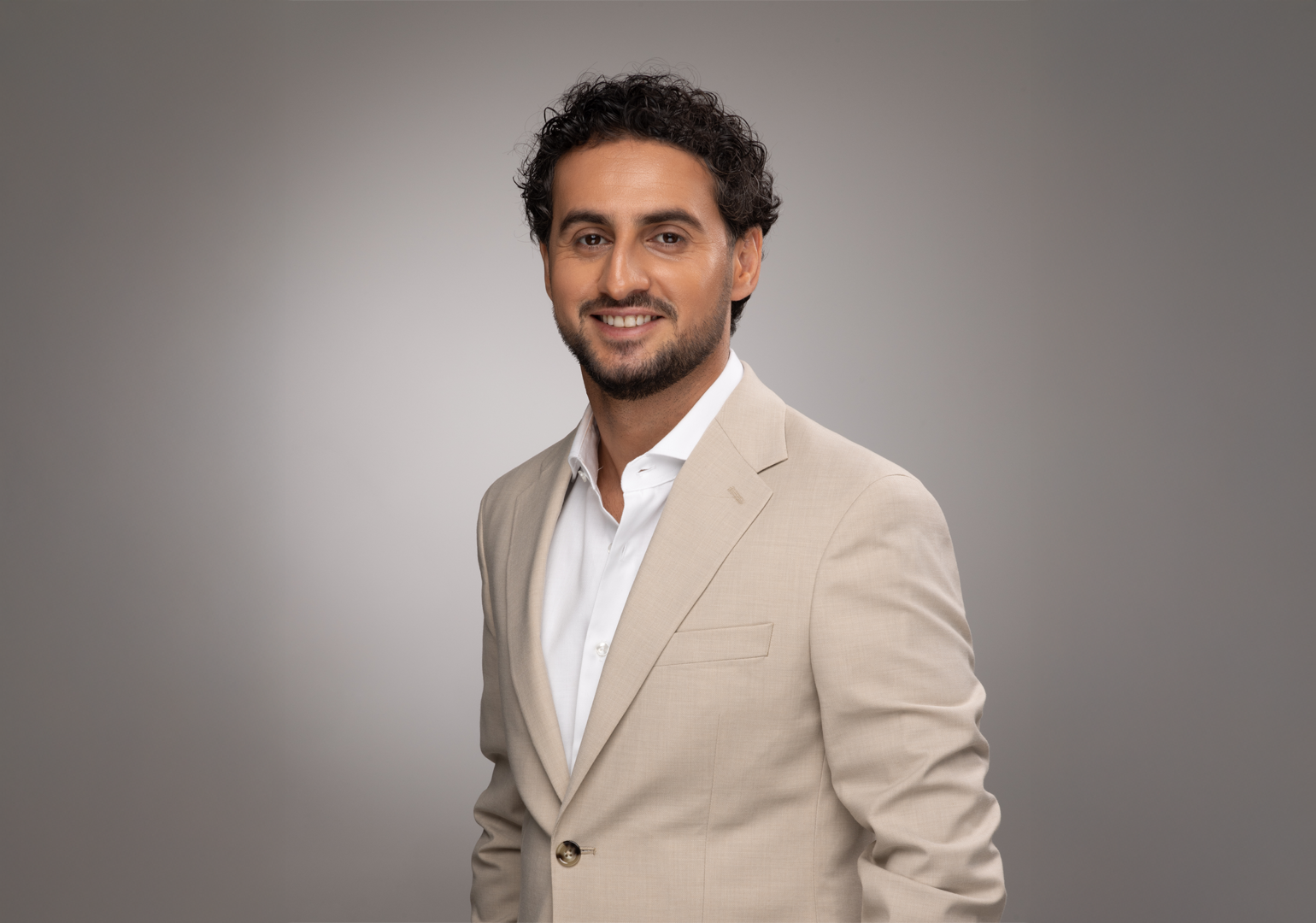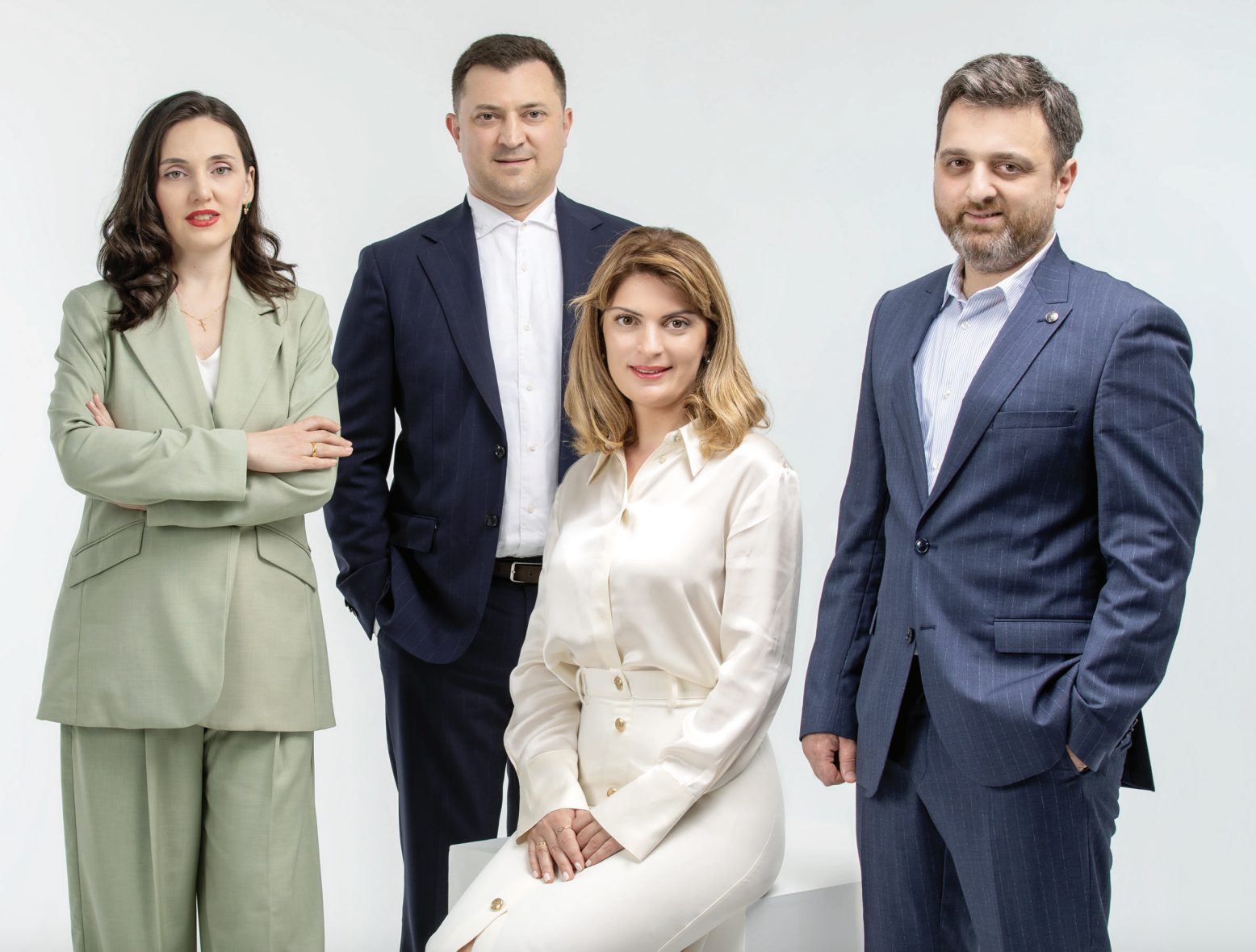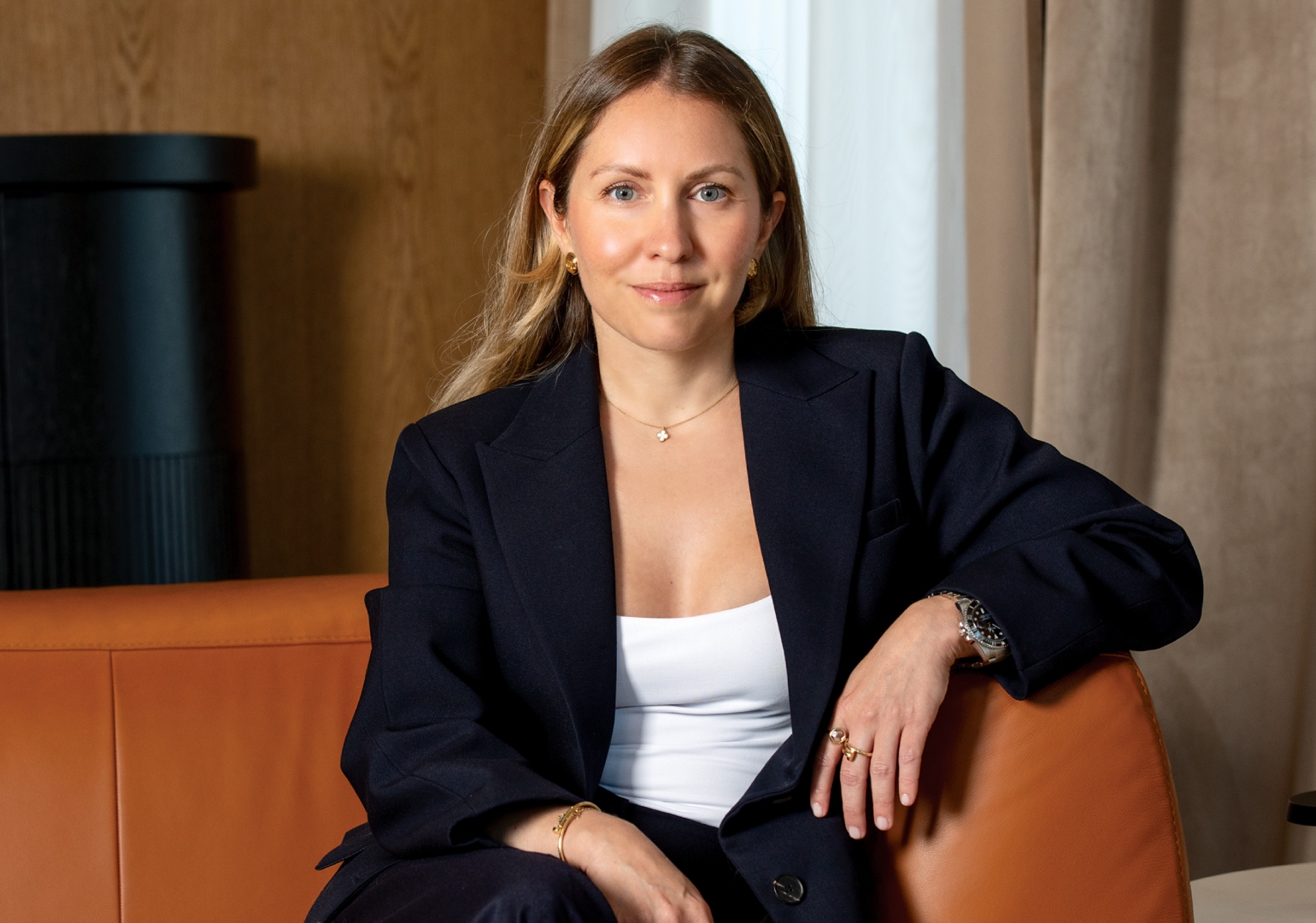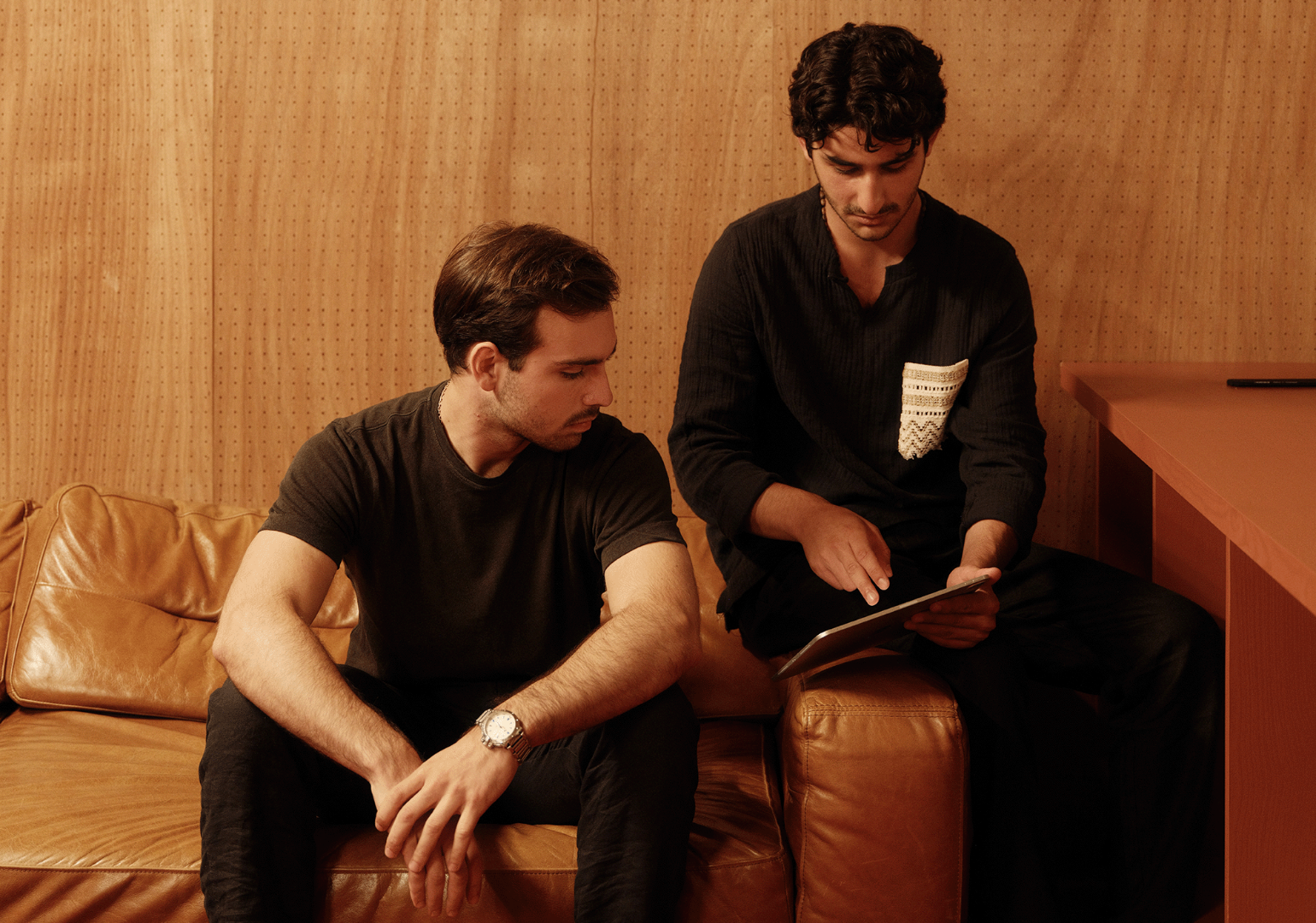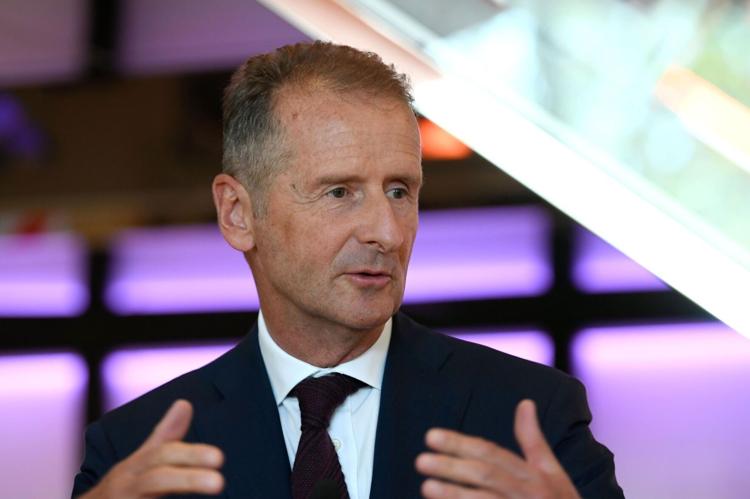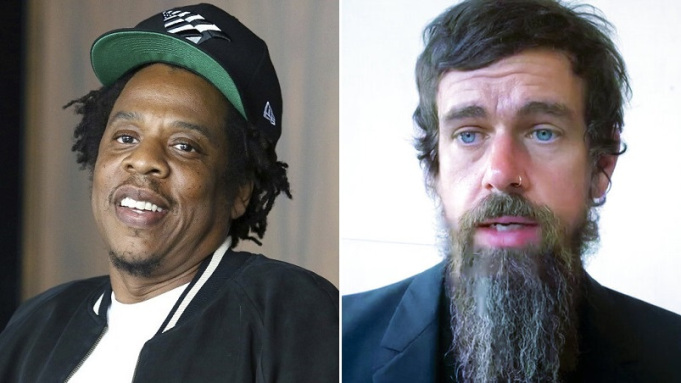Nicholas Alexander Ko is a Chinese-American film director and screenwriter based in LA, New York, London, and Paris. Raised in Iowa City until the age of 13, he later moved to New York City to perform on Broadway. After his career accomplishments as a performer, Ko decided to relocate to Paris at age of 18, become a director and create his own movies. His filmography consists of short films, however, currently, Alex is developing his first feature-length film.
[MAINPICTURE]
You are an actor, film director and screenwriter. How do you manage all three and what are the challenges/difficulties related to each role?
My biggest struggle with directing my own writing is fighting my own ideas. Sometimes I think to myself, “Who wrote that?”. Being able to correct your own writing as a director is basically telling yourself that your ideas don’t work and new ones need to be made. This is essentially the writer/director relationship. And being an individual who does both can be liberating but also detrimental. I find that being able to compromise with myself is what helps me navigate executing both of these roles simultaneously.
After your successful Broadway performances, you decided to move to Europe and make movies in another language – French. What made you to pursue movie making and do you plan to film in English or in any other language?
It was more of a personal decision to escape the States. I decided to go somewhere that would force me to think and speak in a different language. I was fascinated with the French and their filmmakers, so I moved to Paris, successfully making a cliché out of myself! All jokes aside, I moved to Paris and tried to do exactly the opposite. I wanted to separate myself from my colleagues who were making films about the French from an American perspective. So I began making films about the French from the French perspective – which is why I decided to write/direct all of my films in the French language. And having access to a huge pool of French actors as an expat in Paris was a fascinating experience that I couldn’t pass up.
You make short drama movies. Is it your stylistic hallmark or/and do you plan to film different genres of movies in the future?
Of course I plan on making different genre films in the future. Part of the fun as a filmmaker is letting your mind wander into places it usually does not, and following ideas that might feel uncomfortable to you as an artist. But as a writer, I find this exciting. Different genres are definitely something I plan on playing with in the future.
Short films are great stepping stones but personally feature films are my main goal. It is where stories have the ability to fully develop, making the audience have the opportunity to follow a set of characters for more than just 10 or 20 minutes. This is where a filmmaker’s creative/financial career really flourishes, in my opinion.
What are the most efficient sources of funds for a young movie maker? And if you could put the sequential steps on the timeline how would it look like?
For young filmmakers, it is hard to find funding, but if they are passionate about a project and motivated enough to have it made, they will.
From my experience, while government funding can be very tedious and take years, it can also be a reliable source. However, I tend to turn to my personal relationships, which takes a lot more social effort but is more efficient for me. If you think of your world as a big web connection, then everyone you know will know someone. I tend to pitch the project I am working on to almost everyone I know and branch out from there. I would sit on my computer for hours and scroll through every contact on my phone, from my closest family members to acquaintances. I know that the majority of the people I reach out to will not be interested, but I can hope that people in their circles will. Someone will connect to what you have to say, someone will want to help – and for a young filmmaker, you just need to find them.
The sequential steps look sort of like this:
- Package your idea/script — and sell it. Not literally, but sell the idea: usually with a pitch deck that has a list of all the members attached to the project and the general information, making it seem as appealing as it can at that stage of the process.
- One has to think of this process as a business, in a way. And convince the possible investor as to what a possible return would look like, and how it is going to be achieved. For feature-length films, this process is much easier — as picking up a distribution deal after the film gets made is much more feasible — but this is not impossible for shorts. Shorts get picked up and get distributed. It’s rare but they do.
- You can always turn to grant money and apply to local organizations to help you achieve your financial goal.
- Crowdfunding is another possibility.
What kind of difficulties do you usually face when seeking finance and how do you overcome them?
Financing is one of the one of the most crucial parts in the filmmaking process, which partially guarantees efficiency in the later phases, along with the attitude and readiness of the crew when in production, and all of the people behind the scenes in pre/post-production. It is very difficult to make a movie without money. And when seeking funding, different investors or producers will have very strong opinions about the project, and more often than that, won’t be interested. Dealing with rejection is one of the hardest obstacles to overcome, however, it’s just part of the gig. Some of the greatest scripts were rejected over and over again, which says a lot about the power of persistence. As hackneyed as this phrase may sound, you really should not and cannot give up if you plan to reach your goal financially and creatively.
How does the producers’ concern about the movie (financial, reputational etc.) affect your decision-making and idea generation as the director/screenwriter? Is there a conflict of interest and if so how is it reconciled?
This relationship is quite interesting – which is why having producers you can trust is vital. While the producer’s job is to look after the project as a whole, they are constantly trying to find the cheapest way to make something happen, while seeking to not sacrifice the artistic integrity of any party involved. From my standpoint as a writer/director, it can be restricting, but based on experience working with different types of producers, the best ones are the ones who are able to understand the marriage between artistic and financial value. Sometimes less is more, but a lot of the time more is more. It is always a tug-of-war when it comes to defending your idea as a director/screenwriter within the financial constraints that are imposed on you. But being able to compromise when necessary is what has allowed me to retain a healthy relationship with my fellow producers.
Your movie was nominated in a Croatian film festival that you could not assist as you were working on a new movie in the south of France. What is it about and what was your inspiration?
Yes, my film The Duck was screened at the Motovun Film Festival last July. Sadly, I wasn’t able to attend due to the most recent film that I was shooting in the South of France. The film is called The Yellow Dress and follows a young boy aged 11, who enjoys dressing up in women’s clothing, making women’s clothing, and tactfully attempts to reunite his divorced parents.
Well, funnily enough, it was a boring evening in my bedroom that inspired this film. It was the height of summer and I didn’t have any shorts to wear, so I decided to start cutting up some old trousers — and that’s exactly what happens in the film. A young boy makes a dress. Now the story is a bit more complex than that, but that’s how my story came to fruition.
When making your last movie what surprised you the most and what do you think will appear as striking for the audience?
Working with a 12 year old boy was interesting and something I was not really prepared for. Shooting hours were long and the shooting conditions weren’t really in our favor. And knowing this, I knew that I needed to develop a very special relationship with the boy, one that would allow me to navigate his endurance and emotional state as the days progressed. And now, after having had this experience, I think that watching any film with a child actor at the forefront is something that should strike every audience. And the child’s ability to actually pull it off and survive the strenuous nature of making a film is an achievement in and of itself.
How has pandemic affected your work experience in the short run and in the long run?
Well, as a writer I’ve found the pandemic to be unusually beneficial. Forced to limit social interaction for months on end has aided my creativity in a way that’s been so liberating. There’s a lot less distraction in the world we currently live in. I’ve written more than I thought was possible over the past nine months. So as strange as this might sound, and I know I’m incredibly lucky to have this point of view, but the pandemic has actually created more opportunity for me as a writer.
What are your future projections?
I am currently developing my first feature-length film about a young ice skater from East Germany and his relationship with an older rock star from West Berlin. It’s a simple love story set during the Cold War. A period of history that has fascinated me since I was a child. And while I’m in the early stages of development, I can’t wait to tell this story.

Forbes Georgia
"Forbes Georgia-ის სარედაქციო ბლოგპოსტების სერია "როგორ გამდიდრდა“ და "საქართველო რეიტინგებში".
